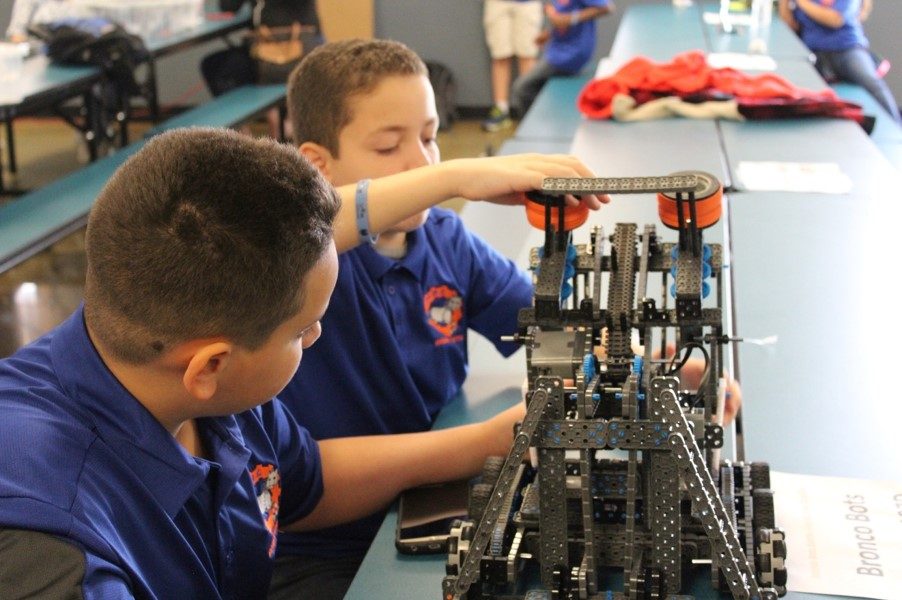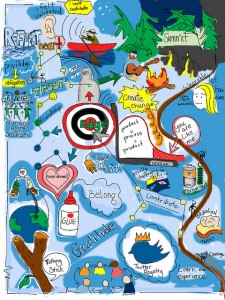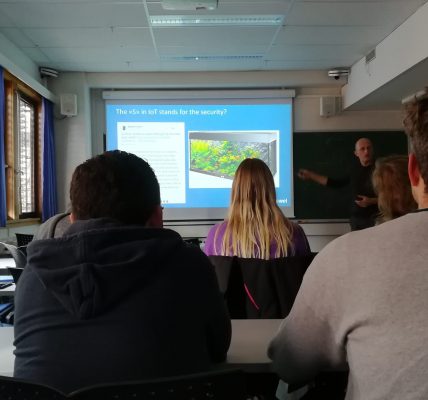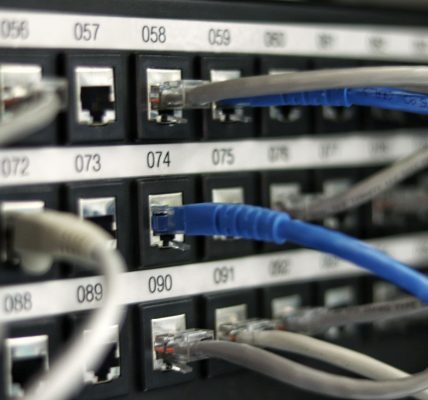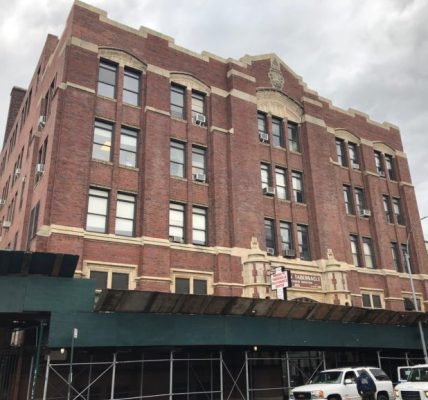A recent episode of Spark on CBC radio made me think about the way we teach history.
The program dealt, in part, with using digital technology to preserve memories, heritage and culture. In a particularly poignant story, Meryl Swiatek recalls finding a cassette tape of her mother reading children’s stories nearly nine years after her mother died of cancer.
Meryl notes the importance of technology in preserving the memory of her mom and comments,
“. . . that got me thinking about how my life is preserved. I have almost 1000 twitter updates . . . and a handful of videos on YouTube. I preserve myself and my life digitally every single day without even thinking about it.”
And that got me thinking about the first time I ventured down this thought path. It started as a conversation about narrative when Alec Couros @courosa helped me recognize how the digital medium changes story telling.
And that is where I was stuck for oh . . . 5 months.
Although we weren’t discussing history in these tweets (above) , that is where this has ended up for me.
Digital History
The internet has no shortage of digital history resources. Digital history involves the use of digital media to preserve, present and study history. Scanned archives, audio files, timelines and interactive maps are examples of digital history and history teachers are using these resources to bring history to life for students. But there is no reason why history students shouldn’t contribute to the digital history ‘pool’. Ideally, they should be creating digital history resources by capturing oral histories and archiving documents and they should learn these research and archiving skills in their history classes. The CBC Spark episode referenced at the beginning of this post provides suggestions and ideas for scanning and capturing audio, including interviewing tips.
Currently, digital history seems confined to websites or blogs as public museums or places that house resources for the study of history. It has yet to fully embrace the idea of digital texts as primary sources. If we are preserving ourselves and our lives digitally every single day, these records will be the historical evidence we use tomorrow.
Shouldn’t students’ research skills shift to consider digital resources, like websites, blogs and tweets, as historical texts? If a diary entry is a primary source, a blog post is a primary source. Shouldn’t students understand how they differ (hint: audience and purpose) and how that shapes the reading of these texts?
Will political historians consider tweets?
What will the future make of tweets like this one by President Obama (or his ghost tweeter) which may have been read by as many as 3,477,140 of his Twitter followers?
